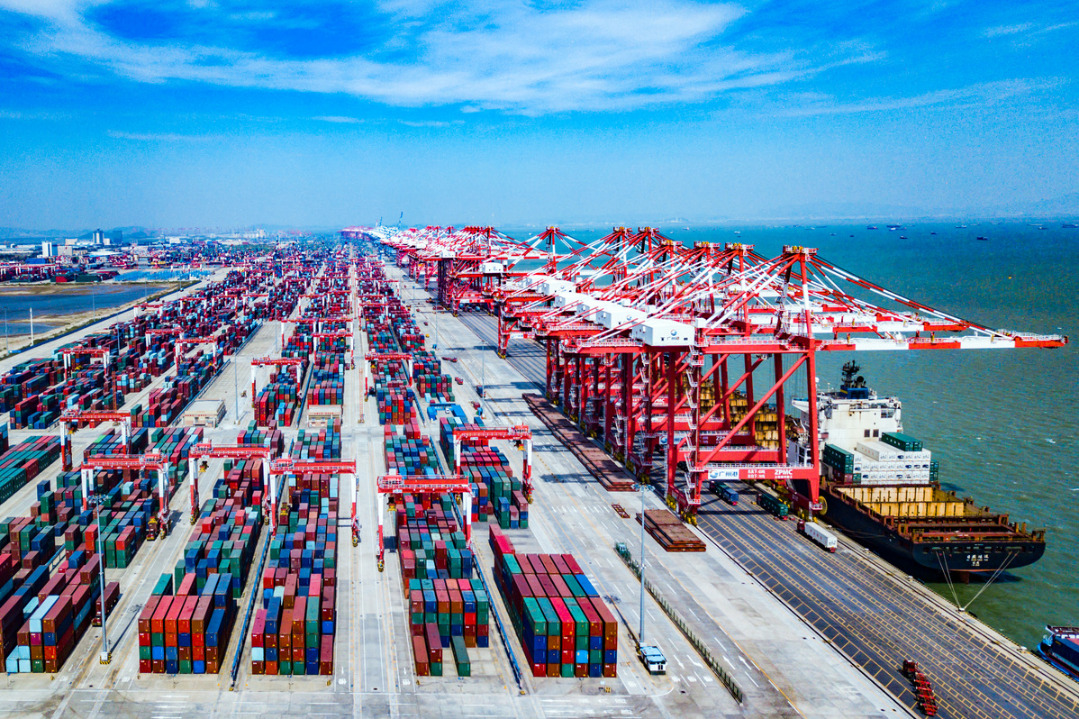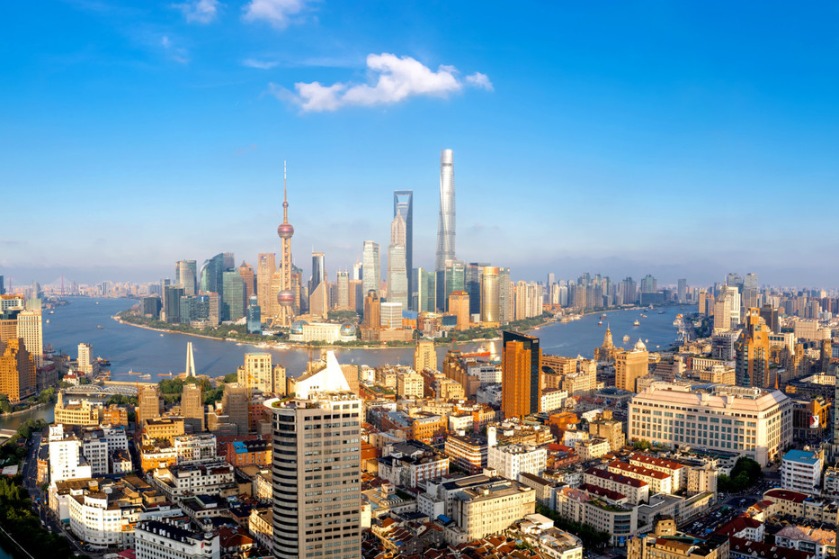Beijing working to narrow Israeli-Palestinian divide


The two-day peace symposium for representatives from Israel and Palestine that started in Beijing on Thursday couldn't have come at a more timely moment given US President Donald Trump's decision to ignore UN resolutions and unilaterally recognize Jerusalem as the capital of Israel on Dec 6.
That decision has basically invalidated Washington playing the role of peace broker in the region, and made it imperative that someone step into the breach by assuming that role.
The fact that China maintains close relations with both Israel and Palestine and has long advocated greater efforts to resolve their differences means it is well-positioned as a well-intentioned interlocutor to assume the role of mediator.
Unlike the United States changing its decades-long policy to side entirely with Israel on this most sensitive and complex issue, China has long promoted a resumption of dialogue between Israel and Palestine in pursuit of a peaceful settlement. As shown by the symposium in Beijing, which has been accepted as a platform of communication by both sides. Nabil Shaath, Palestinian President Mahmoud Abbas' foreign relations adviser, and Hilik Bar, deputy speaker of the Knesset, the Israeli parliament, are leading the teams.
It would be unrealistic to expect any breakthrough at the symposium, which was arranged long before Trump announced his self-serving decision. Yet it shows that unlike the US, whose move runs roughshod over hopes the new administration might be able to navigate a way to talks, China is committed to the conciliation of the two sides.
In particular, its proposal to use the Belt and Road Initiative-in which both Israel and Palestine are identified as important participants-to propel economic growth and improve people's livelihoods in the Middle East offers a practical means of bringing the two sides closer together and promoting peace.
While the US seems intent on bullying other countries into supporting Trump's quid pro quo decision-with US Ambassador to the UN Nikki Haley threatening the US would be "taking names" on a nonbinding General Assembly vote on Thursday criticizing Trump's decision-China will continue to encourage the Israelis and Palestinians to talk, in the belief that a negotiated settlement, including an agreement on Jerusalem being the shared capital of the Israeli and Palestinian states, is the only way to secure lasting peace.


































